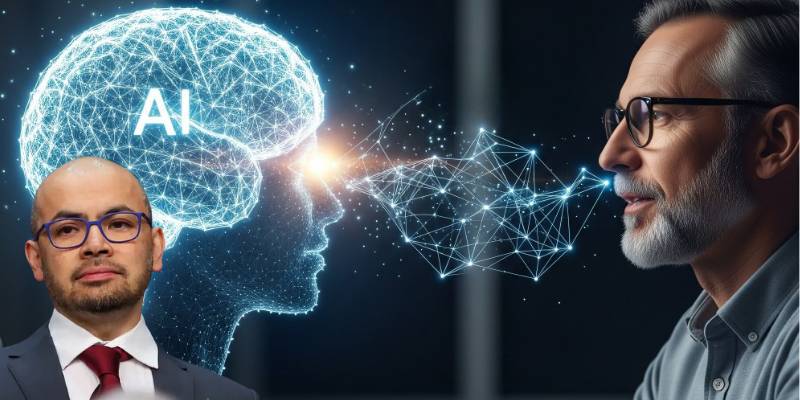Demis Hassabis, DeepMind’s CEO and 2024 Nobel Laureate, dropped some heavy thoughts this week under the shadow of the Acropolis.
Speaking at an ancient Roman theater in Athens, he argued that the future won’t reward people who simply know stuff—it’ll reward the ones who know how to learn.
What He Said
Hassabis believes that artificial general intelligence (AGI) — machines that can do many things as well as humans — could arrive within about ten years.
He’s not sugar-coating: the pace of AI change is accelerating, week by week. So now, more than ever, meta-skills (yes, those skills about learning new skills) will be essential.
He emphasized that traditional disciplines like math, science, the humanities still matter — but if you can’t adapt, you’ll get left behind. Continuous education, flexibility, curiosity: those will be the tools to ride this AI wave.
Greek Prime Minister Kyriakos Mitsotakis was there too, raising the alarm over the risk of inequality: if only a few people or companies win big from AI, while most see no benefit, public skepticism, or worse, unrest, is likely.
Why It Hits Differently in Greece
Scheduling a speech around a high-stakes basketball semifinal between Turkey and Greece might seem trivial — but it signals something deeper.
Greece knows culture, spectacle, and public sentiment matter. Hassabis delaying so people could attend shows he (or his team) gets that grabbing attention isn’t enough; resonating matters.
Also, for Greece, which has struggled with economic instability and brain drain, the message is especially resonant. Investing in people’s ability to learn could be part of a solution to retain talent, revive sectors, and reduce dependence on outside tech imports.
An older study from Google/Implement (from 2024) suggested that generative AI could boost Greece’s GDP by €10-12 billion over a decade, but only if adoption, infrastructure, and skill development are all in place.
What’s Not Being Said (but Should Be)
If I may speak up: there are gaps in the conversation that deserve attention.
- Reskilling infrastructure. It’s one thing to say “meta-skills are key,” but it’s another to have accessible, affordable, flexible education systems that help people acquire those skills. How many governments are building that? How many firms are investing in lifelong learning?
- Policy alignment. AGI, AI deployment, regulation, ethics — aligning these across borders will be tough. Greece might talk about expanding public services with AI, but what about EU-wide frameworks, global influences?
- Ethics, accountability, and transparency. When you talk fast-moving tech, things go wrong. Bias, misuse, unplanned consequences. If learning how to learn becomes the skill of choice, we also need to teach how to think critically about what and why we’re learning, not just how.
- Access inequality. If only the privileged have access to quality education, fast internet, compute power, then the meta‐learning advantage might actually widen gaps.
My Take: What Comes Next
I think what Hassabis is pushing is less about predicting machines that think like us, and more about preparing people to occupy spaces machines can’t fill — creativity, adaptability, ethics, judgement.
If I were a policymaker (or a business leader), I’d be pushing for:
- Incentives for continuous learning programs (tax breaks? public-private partnerships)
- Curriculum redesign: embedding meta-learning, critical thinking, adaptability
- Ensuring rural or underserved areas aren’t left behind in terms of access to learning resources
- Strong oversight for AI deployment, especially where it makes decisions affecting people
The speech in Athens wasn’t just another tech talk. It was a call: adapt or get left behind. And since the rate of change is only picking up, it’s not hyperbole — it’s a warning, and an invitation.

